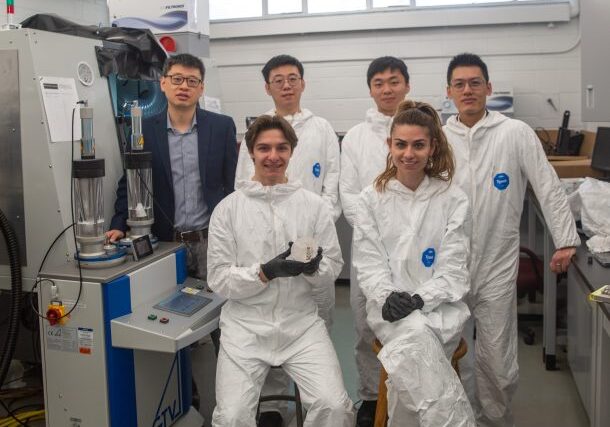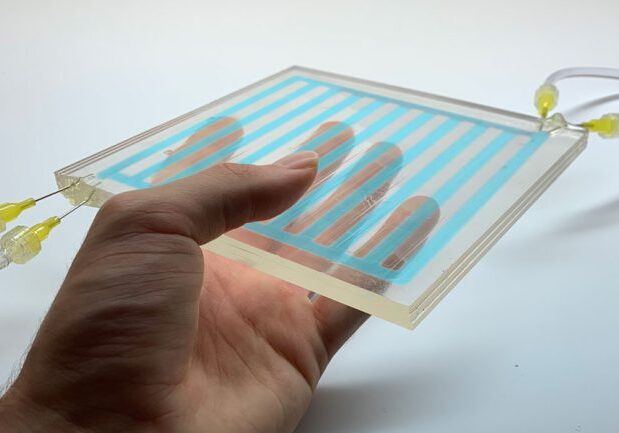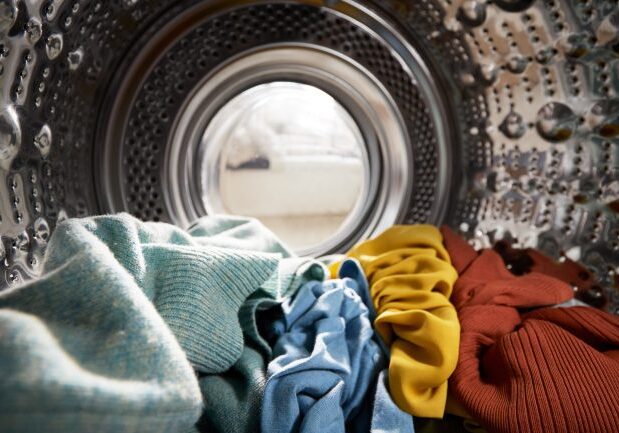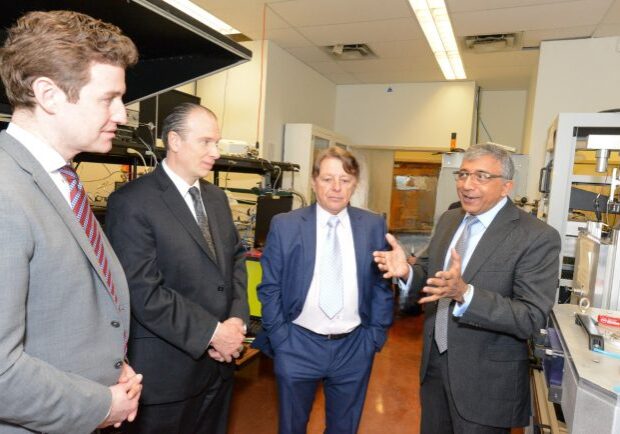
U of T Engineering professor’s startup receives federal funding to manufacture solar-energy-control windows
3E Nano Inc., co-founded by Professor Nazir Kherani and based on his research in photovoltaics and thermal systems, has received $5 million in funding from Sustainable Development Technology Canada

U of T students win NFL’s 2023 Big Data Bowl championship with improved model of ‘pocket pressure’
Statistical model created by undergraduates enables players and coaches to analyze the pressure on — and longevity of — the pocket of space around the quarterback
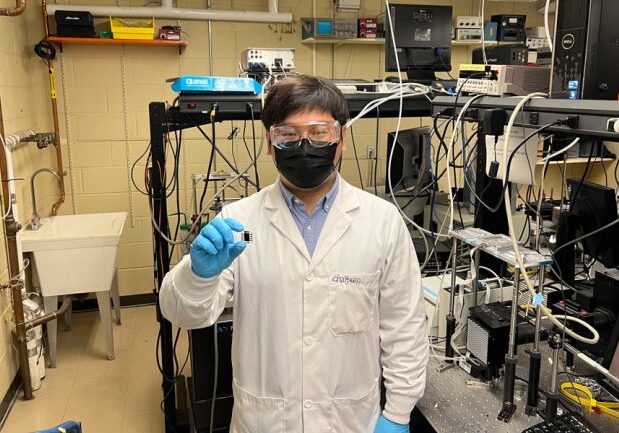
New design enhances durability of inverted perovskite solar cells
An international team of researchers has developed a new coating that extends the lifetime of perovskite solar cells by more than 1,000 hours
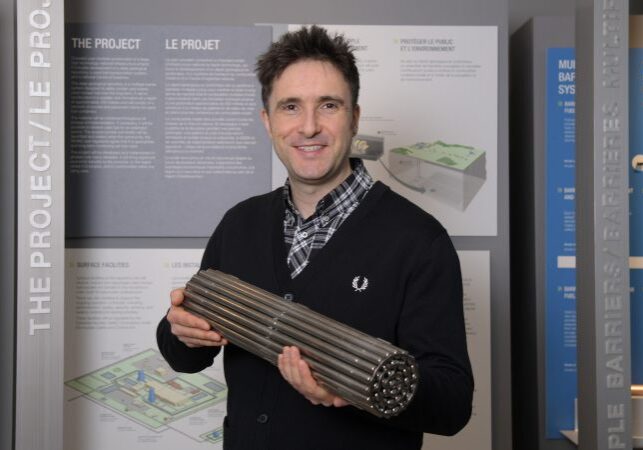
How U of T Engineering researchers are helping to design the future of nuclear waste management
Professor Kamran Behdinan (MIE) and his team of researchers are using multidisciplinary design optimization, an approach traditionally used in the aerospace and aviation industry
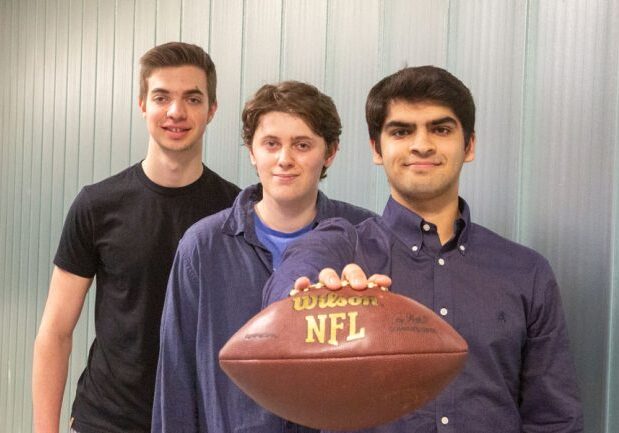
U of T students land in finals of the NFL’s Big Data Bowl with improved model of ‘pocket pressure’
Statistical model created by undergraduates enables players and coaches to analyze the pressure on — and longevity of — the pocket of space around the quarterback


